The MiG-23's predecessor, the MiG-21, was fast and agile, but limited in its operational capabilities by its primitive radar, short range, and limited weapons load (restricted in some aircraft to a pair of short-range R-3/K-13 (AA-2 "Atoll") air-to-air missiles). Work began on a replacement for the MiG-21 in the early 1960s. The new aircraft was required to have better performance and range than the MiG-21, while carrying more capable avionics and weapons including beyond-visual-range (BVR) missiles. A major design consideration was take-off and landing performance. The Soviet Air Force (VVS) demanded the new aircraft have a much shorter take-off run. Low-level speed and handling was also to be improved over the MiG-21. Manoeuvrability was not an urgent requirement. This led Mikoyan to consider two options: lift jets, to provide an additional lift component; and variable-geometry wings, which had been developed by TsAGI for both "clean-sheet" aircraft designs and adaptations of existing designs.
Specifications
Spotlights
- Trainzo 6 months ago
- xYoshii_ 6 months ago
- SPMistatopi 6 months ago
- dabestsock 6 months ago
- VietnamAirlinesFlight474 6 months ago
- Karroc9522 6 months ago
- Rayquaza4590 6 months ago
- F16xl 6 months ago
General Characteristics
- Created On Windows
- Wingspan 59.3ft (18.1m)
- Length 62.2ft (18.9m)
- Height 19.5ft (5.9m)
- Empty Weight 27,687lbs (12,558kg)
- Loaded Weight 63,417lbs (28,765kg)
Performance
- Power/Weight Ratio 2.303
- Wing Loading 34.5lbs/ft2 (168.3kg/m2)
- Wing Area 1,840.3ft2 (171.0m2)
- Drag Points 4844
Parts
- Number of Parts 290
- Control Surfaces 7
- Performance Cost 1,461

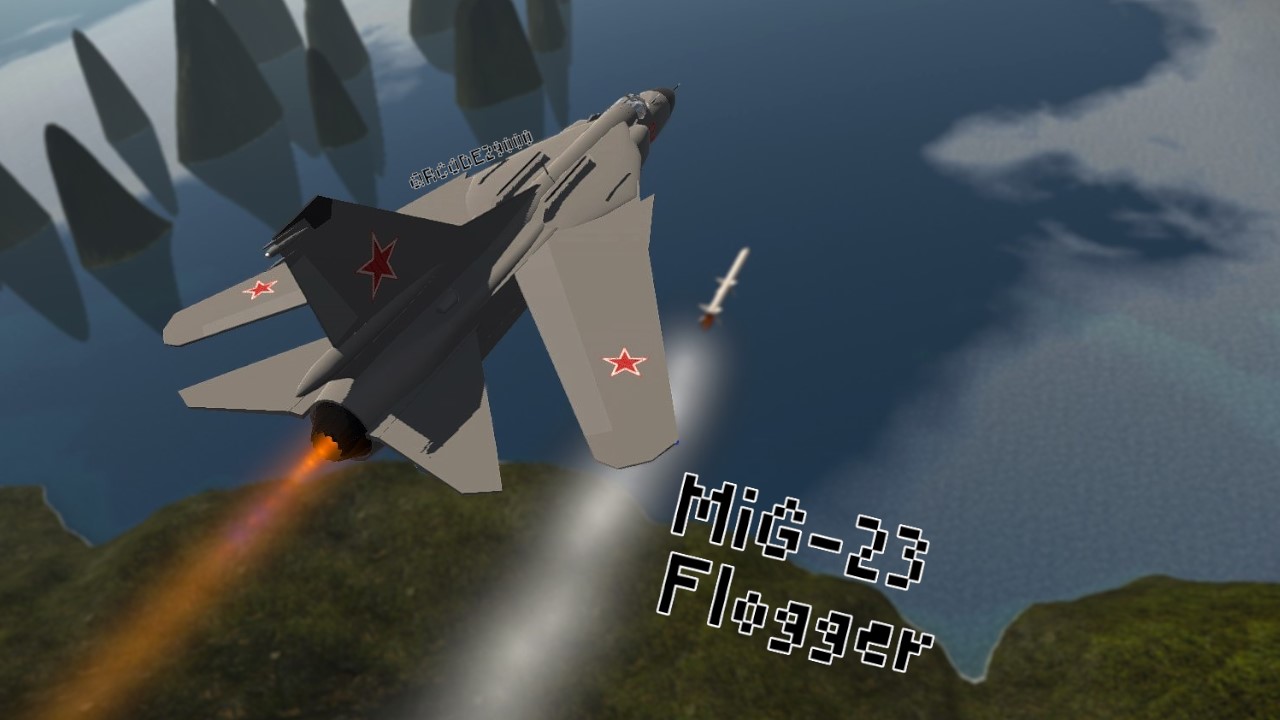
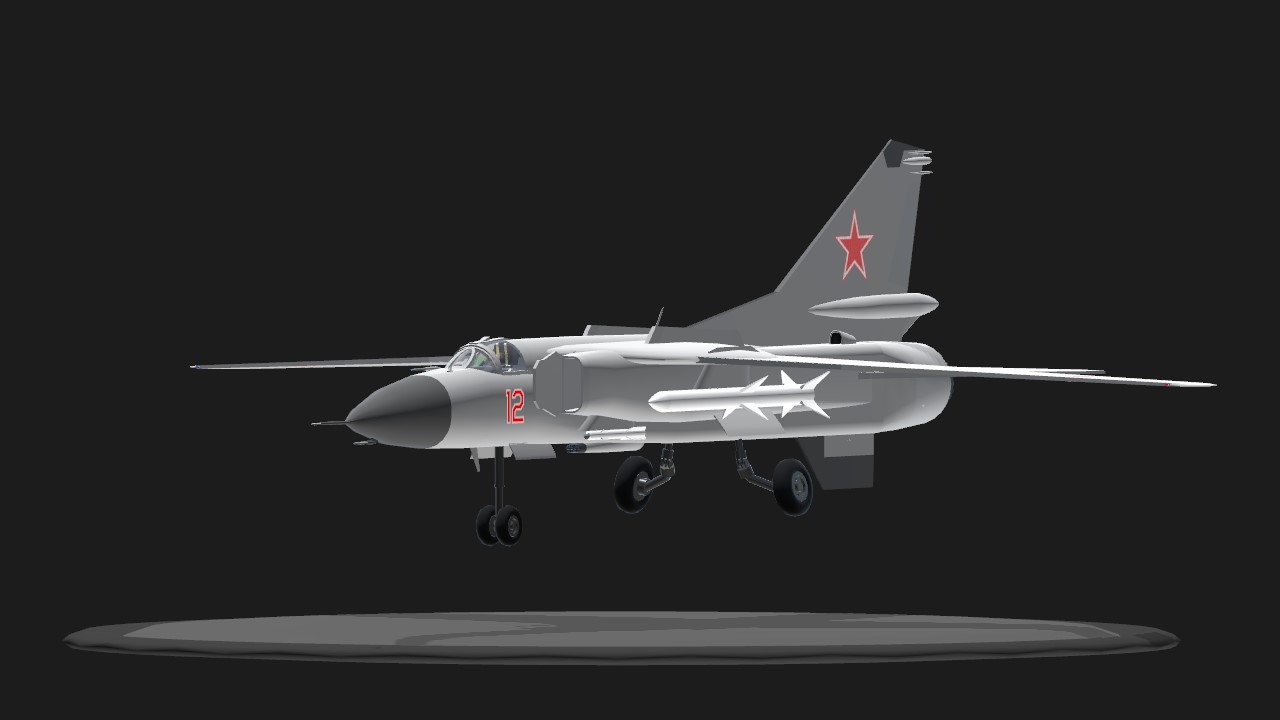
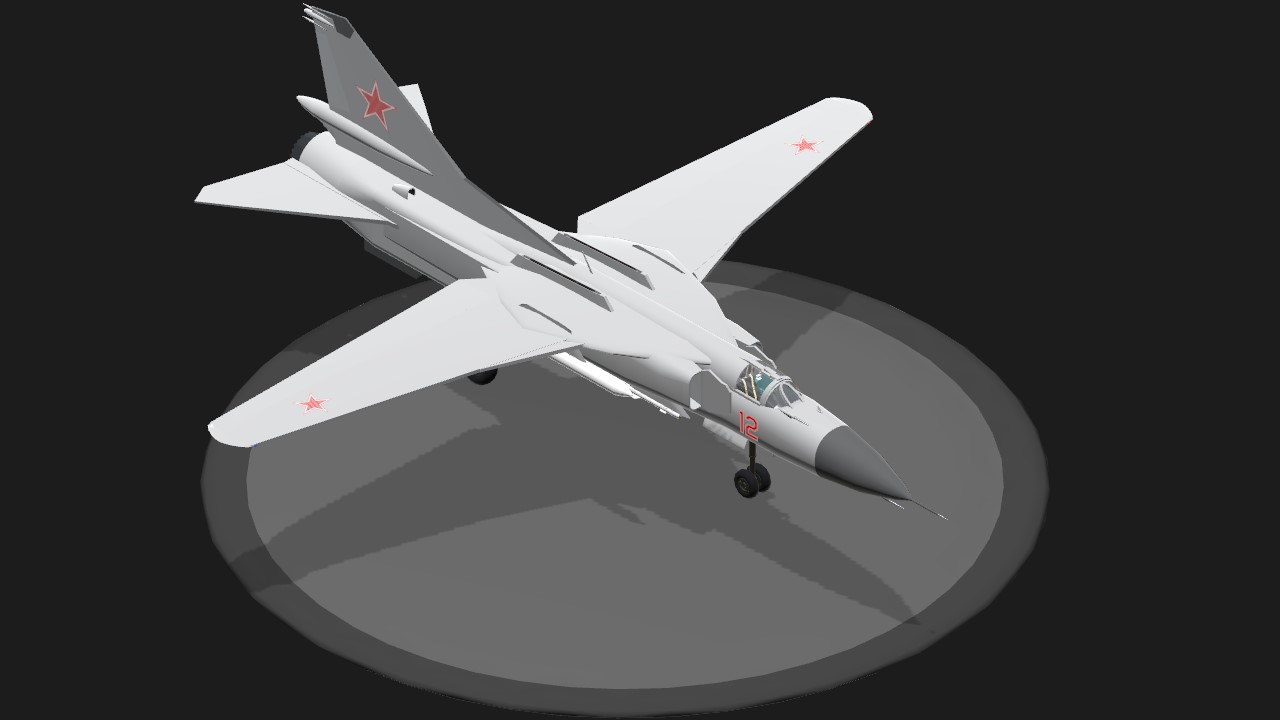
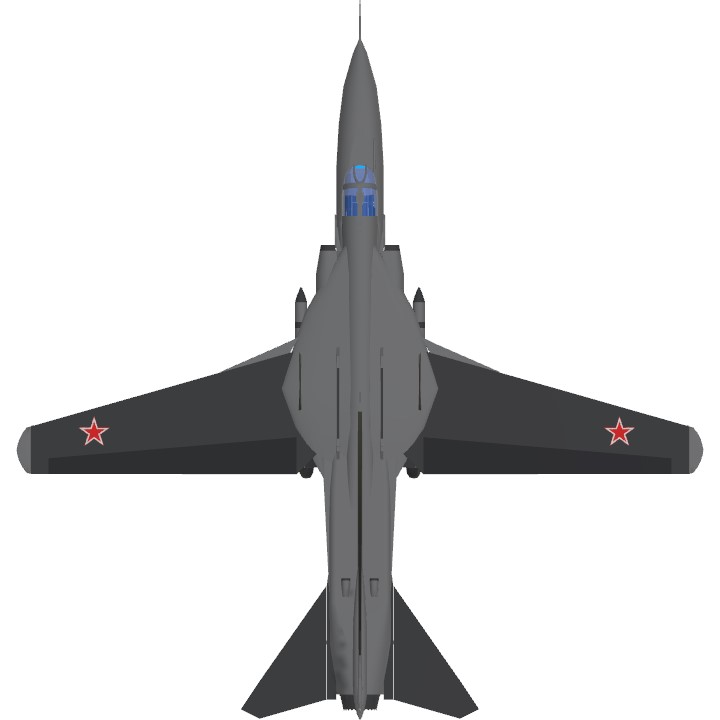
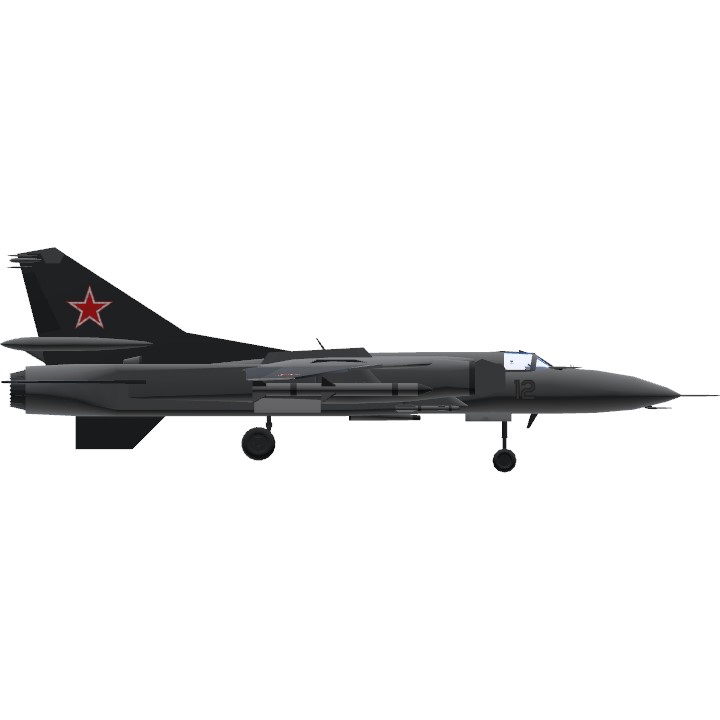
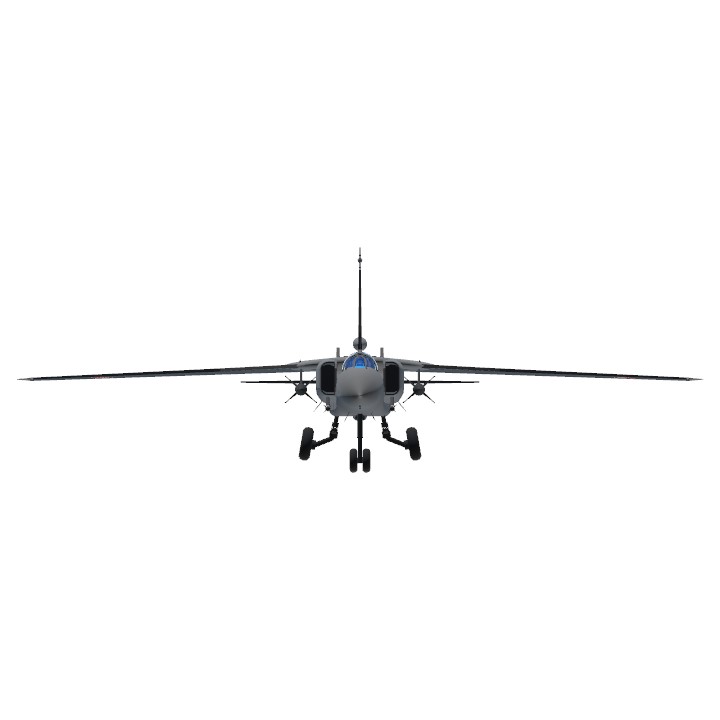
@QRCODE29000 thx
lovely
@Trainzo Thanks!
@IQinventory Thank you!
@dabestsock Thanks!
@Erionh Should be fixed now
Why it upside down
Very nice
Very good
Nice build.